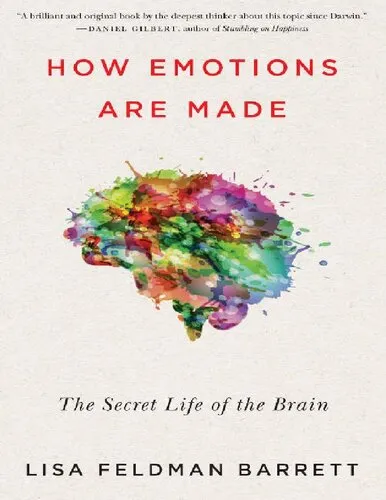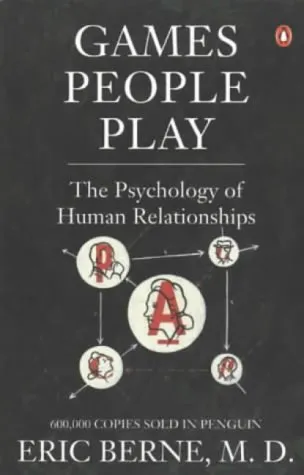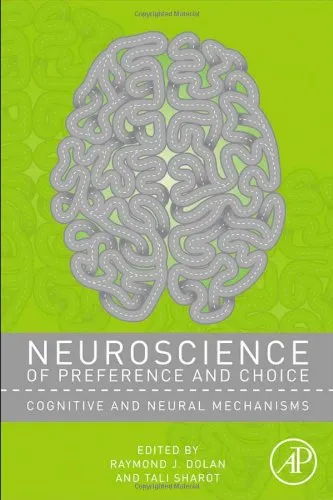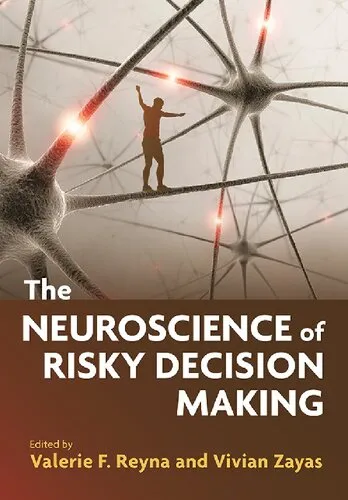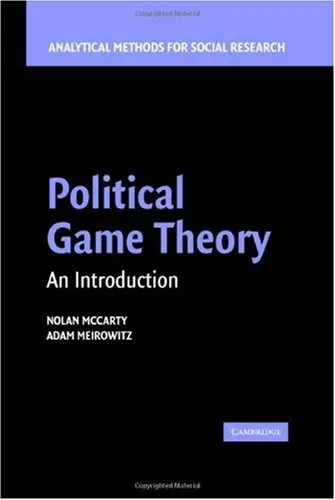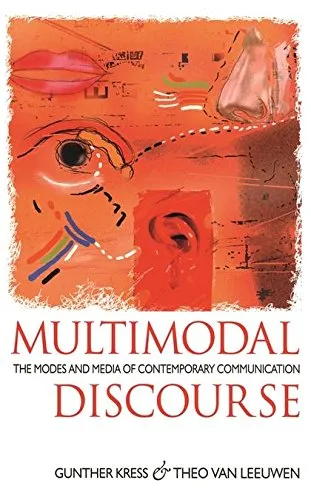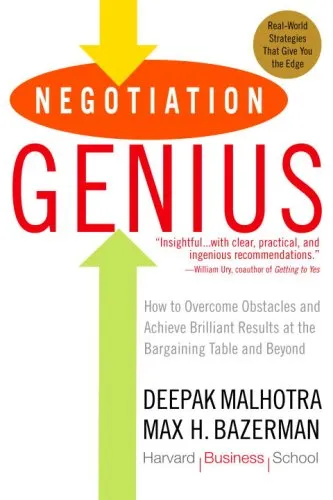How Emotions Are Made: The Secret Life of the Brain
4.5
Reviews from our users

You Can Ask your questions from this book's AI after Login
Each download or ask from book AI costs 2 points. To earn more free points, please visit the Points Guide Page and complete some valuable actions.Related Refrences:
How Emotions Are Made: The Secret Life of the Brain
"How Emotions Are Made: The Secret Life of the Brain" challenges conventional wisdom about emotions, offering a revolutionary perspective on how human brains construct emotions, and how those emotions influence our experiences, decisions, and lives. Written by neuroscientist and psychologist Lisa Feldman Barrett, this groundbreaking book combines insights from neuroscience, psychology, and philosophy to question long-held beliefs about emotions. It redefines the way we understand ourselves, our relationships with others, and how our minds function on a deeply intricate level.
Detailed Summary of the Book
At its core, "How Emotions Are Made" debunks the myth that emotions are universal and hardwired into our brains. Traditional theories suggest that emotions, such as happiness, anger, and fear, are automatic responses to the world around us. These views often portray emotions as reflexive and consistent across all cultures. However, Lisa Feldman Barrett presents the theory of "constructed emotion," which posits that emotions are not pre-programmed but actively created by the brain as it predicts and interprets sensory input.
Using experimental evidence and decades of research, Barrett explains that the brain does not simply react to the world but rather creates our experiences by combining learned concepts, past experiences, and cultural context. Emotions, she argues, are not universal "fingerprints" of experience but are culturally shaped, contextual, and malleable. This means emotions are constructed differently by people depending on their environment, upbringing, and personal experiences.
The book also delves into the mechanics of the brain, explaining concepts such as predictive coding and interoception. Predictive coding describes how the brain makes educated guesses about sensory information to conserve energy, while interoception refers to the brain’s monitoring and regulation of the body's internal states. Together, these processes contribute to the creation of emotions. The book further explores how emotions influence decision-making, creativity, relationships, and even societal norms.
Key Takeaways
- Emotions are not hardwired or universal; they are constructed by the brain based on context and past experiences.
- The brain uses prediction rather than reaction to navigate the world, making emotions an aspect of its predictive processes.
- Culture and language play a significant role in shaping emotional concepts and experiences.
- Interoception, or the brain’s interpretation of bodily sensations, is key to the creation of emotions.
- Understanding the theory of constructed emotion can empower individuals to regulate their emotional lives and rethink stereotypes about emotion in others.
Famous Quotes from the Book
"Emotions aren’t built into your brain at birth. They are just built."
"Our minds are not passive observers of the world, simply detecting what’s ‘out there.’ We are creators of our reality, constantly predicting."
"The limits of your concepts are the limits of your world."
Why This Book Matters
"How Emotions Are Made" is not just a book about neuroscience; it is a philosophical shift in understanding human nature. By reframing emotions as constructs of the brain rather than inborn biological reactions, Lisa Feldman Barrett provides valuable tools to challenge stereotypical notions of emotion in personal and professional relationships.
For instance, her ideas can be applied to emotional regulation, improving communication, and fostering empathy by teaching us to question our assumptions about others' emotions. Additionally, the book has practical implications for areas like mental health, legal systems, and leadership, where emotion-based judgments often play a critical role.
This work reshapes centuries of thinking about the mind and sets a course for new discoveries in neuroscience and psychology, making it an essential read for anyone curious about how the brain works and how a better understanding of emotions can enhance our quality of life.
Free Direct Download
You Can Download this book after Login
Accessing books through legal platforms and public libraries not only supports the rights of authors and publishers but also contributes to the sustainability of reading culture. Before downloading, please take a moment to consider these options.
Find this book on other platforms:
WorldCat helps you find books in libraries worldwide.
See ratings, reviews, and discussions on Goodreads.
Find and buy rare or used books on AbeBooks.
1596
بازدید4.5
امتیاز0
نظر98%
رضایتReviews:
4.5
Based on 0 users review
Questions & Answers
Ask questions about this book or help others by answering
No questions yet. Be the first to ask!
